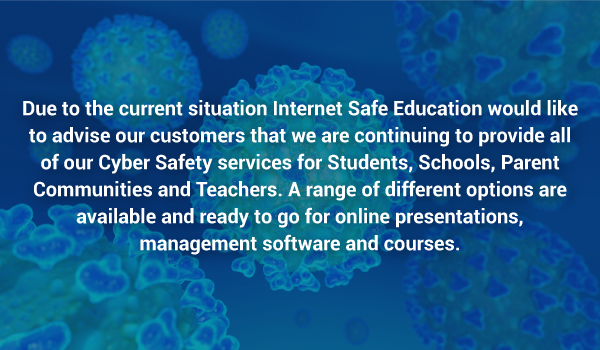Choosing a first phone for your child can be tricky. What will suit some children may not necessarily suit the next. Whether the catalyst is they are starting high school next year or a nagging child who desperately wants to keep up with their friends or whether as a busy family it becomes apparent it will help to communicate on the run, it comes down to a few key questions.
Are they old/mature enough for a phone?
What is the main reason for the phone?
What will the phone be used for?
Are they old/mature enough for a phone? This is the question that many parents deliberate about the most. There is a very big difference between using mum or dads’ phone, to google something, play a game or Facetime a friend, and having their own device. You know your child best and largely it will come down to if it suits the individual child. Some children are responsible and respond positively to boundaries set and others will struggle.
Peer pressure is a bit thing too. Even the most mature pre-teen or teenager can justify going against the agreed upon rules in the name of fitting in with the crowd.
There are many reasons for giving your child a mobile phone, some passionately campaigned via your children and some you have been thinking about for a while, but you haven’t been sure whether they (or you) are ready. The top reason for parents considering a phone for their children is for safety. In an emergency situation they can contact you directly. Also if they miss the bus, or their after school sport goes longer or changes location, they are out at the movies or just want to let you know where they are. And it goes both ways you can locate them at any time, provided they answer. Giving them a mobile phone can also teach responsibility not only in communicating to you about where they are, but also taking care of the actual phone and being financially responsible for the recurring costs.
The top motivation for your pre-teen and teenagers, which I’m sure you will be familiar with, is communicating with their friends. Although we would all prefer they prioritise face-to-face contact with their friends this is how they communicate now. To arrange gatherings, play games, talk on social media and enjoy having the world at their fingertips.
The last important factor to consider is what is the intended purpose of the phone. This will differ depending on age and whether it is for safety or socialising and fun. Starter phones will have limited functionality other than the necessities phone, text messaging, and a basic camera. This option provides no access to the internet or social media. Mostly they would be your pre-paid options but its important to consider whether they have location-tracking functionality.
Smartphones are like placing the whole world in their hands. Their functionality is endless –calls, messages, email, the internet, apps, social media, data and location tracking. According to the most recent statistics in Australia 94% of Australian teenagers own a Smartphone.
It is a shocking statistic given that it’s the peak age of impulsivity due to their developing frontal cortex is 14. The negative impacts of phone ownership in pre-teens and teenagers are well documented. Social media can be friend or foe, phone usage can affect sleeping patterns and behaviour, it can be a distraction and also exposes them to so much unvetted content and other users.
And after all these considerations something to keep in mind too is your schools phone policy. It will differ from school to school and whether their policies are strictly enforced, or they have a relaxed, child lead approach to phones at school. All of the above can help or hinder your family’s decision and ongoing management of having a mobile phone.
Whatever you decide, there is no denying it’s a rite of passage into adulthood and with so many resources for parents and carers, you have a whole gamut of helpful advice, support, and science behind you


